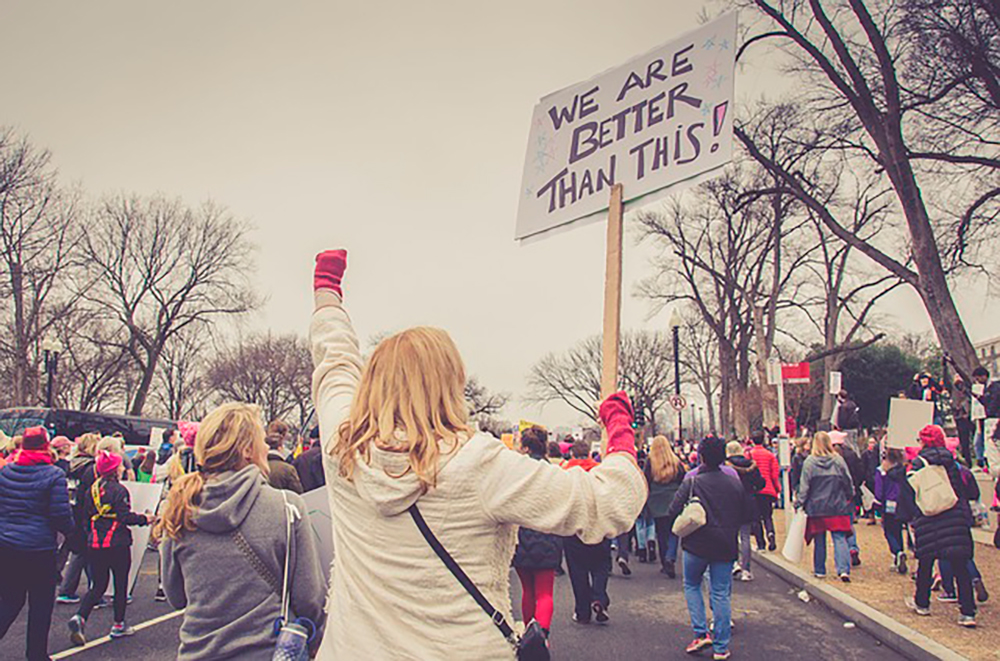Australia is ‘consolidating’ the flattening of the curve, Greg Hunt says, and working towards ‘effective eradication’. What does that mean for the ability to ease restrictions – and when?
Having failed so spectacularly with the Ruby Princess cruise ship, NSW is sounding just as hardline under the man who somehow seems to have taken over much state government decision making Police Commissioner Mick Fuller.
Yet the National Rugby League is citing a letter from that same NSW Police Commissioner to suggest it will be fine to restart its season on May 28, subject to the leagues ability to provide a safe workplace.
The relevant exemption in this case would be travelling for the purpose of work if the person cannot work from the person’s place of residence, Fuller wrote. Therefore it appears from your proposal that all persons involved in the competition would fall within this ‘work exemption’.”
Say what?
No wonder the missive on NSW Government State Emergency Operations Centre letterhead seems to have perplexed the Premier (although not her deputy), the federal Sports Minister and various health authorities about just how this is possible. Rugby is hardly a sport that allows social distancing of any description. How is that safe?
Its another example of the confused messaging from different levels of government that is still confusing the public despite general agreement on stern stay at home warnings.
But according to Health Minister Greg Hunt, Australians have responded magnificently over Easter with traffic reduced to less than 13 per cent of the normal level over the break.
That success means the country is consolidating the flattening of the curve, he says, and working towards effective eradication, although he cautions there can be no guarantees.
Of course, it is not just Australian governments struggling to figure out the rules that should apply and for how long.
New Zealand has been attempting to achieve eradication with a total lockdown that is tougher still than the Australian version but supposedly of shorter duration. Whether that will work remains a gamble, with Jacinda Ardern saying the battle is far from over given even a single case can create a new spike.
At the other extreme, conversations with American friends and family are striking in their typically confident tone that US restrictions will be miraculously lifted within a couple of months at most as the country moves into summer.
Thats despite the logic that the shocking rate of infection in places like New York and Louisiana and Michigan is more likely to be replicated across the country without continuing the measures now in place in most states.
The alleged trade-off between lives and livelihoods remains a false one due to the disastrous economic impact of allowing widespread infection.
But that doesnt prevent the theoretical appeal of gradual opening up of the economy for some businesses under strict conditions or of freer movement of individuals with apparent immunity due to being infected and recovering.
The Morrison governments current message is that it is necessary to stay the course for now while simultaneously working on the path out although in very gradual steps and with no timeframe specified.
This will happen further down the track, he says, but will first require a clear indication the numbers of infections have been suppressed and a rapid response being available for testing and tracing possible contacts should there be any cases.
Yet the government seems reluctant to even suggest the possible use of more intrusive technology such as using mobile phone location apps to trace individuals movements and possible contacts. Hunt instead referred on Monday to the notion of analysing sewage as one way of tracing any significant outbreaks.
The hesitation over the use of technology is in contrast to Asian countries far more willing to adopt it to enforce both personal restrictions and the tracing of potential contacts while keeping their economies more open.
But after initial success, countries like South Korea, Japan and Singapore have recently had to tighten restrictions again owing to second waves of infection. The exit door is still locked.

